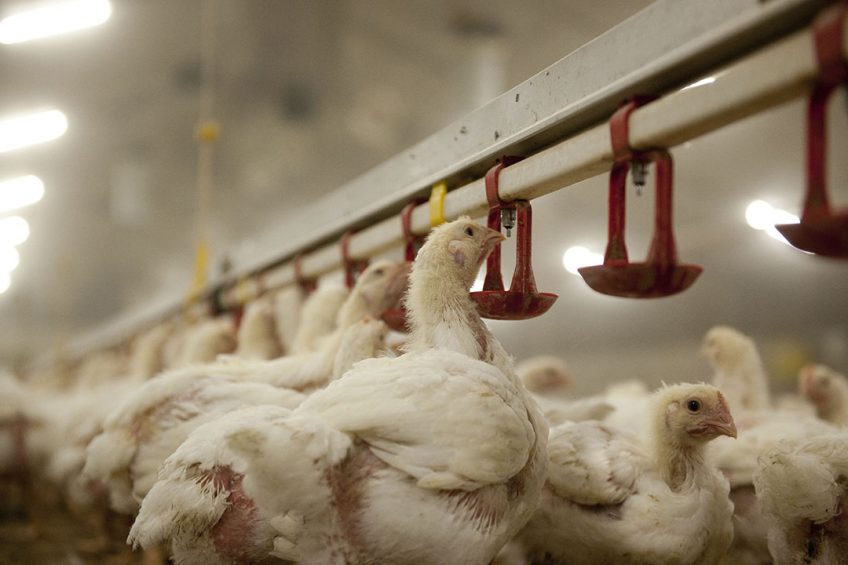WHO: New guidance for human risk of AI

The World Health Organization has released new guidance for humans handling birds that may be infected with avian influenza.
It said that, given the spate of outbreaks in poultry across Europe since the end of 2019, it was important for people to take protective steps and to avoid contact with sick or dead birds or contaminated environments.
It says the risk of infection is low, but issued the following guidelines:
“People whose work brings them into contact with infected birds or their environments (i.e. farm workers, veterinarians, cullers etc.) should wear personal protective equipment and adhere to good hand hygiene. Local health authorities should register people exposed and monitor their health status for seven days following the last day of exposure. If a person develops symptoms, influenza-specific antivirals should be administered according to WHO guidelines.”
General protective measures to reduce the risk of infection with avian influenza viruses include:
• Avoiding direct or close contact with sick or dead birds (poultry and wild birds) or contaminated environments and report sick or dead birds to responsible authorities.
• Not touching birds, dead or alive, with bare hands. If you must handle a dead bird, wear gloves or use an inverted plastic bag to collect the bird. Make sure you wash your hands with soap and water or use a suitable disinfectant after handling.
• Follow good food safety and food hygiene practices in line with WHO’s Five Keys to Safer Food Programme; for instance, cook poultry or wild birds thoroughly at sufficiently high temperatures.
The full document can be viewed here.













